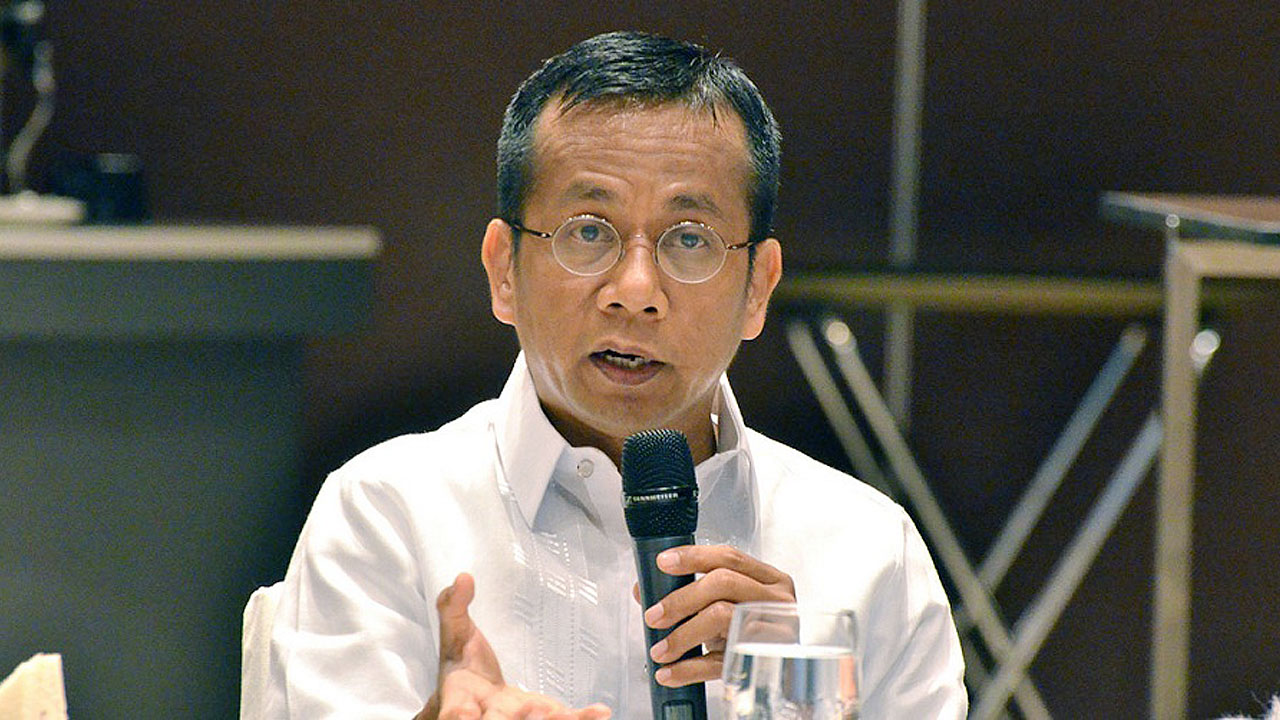



On December 1, 2024, the Philippine government announced plans for an international roadshow in 2025 to promote the CREATE MORE Act, which was signed into law by President Ferdinand R. Marcos Jr. on November 11, 2024. Special Assistant to the President Frederick Go revealed this initiative during the Luzon Economic Corridor Steering Committee meeting on November 30, 2024. The roadshow aims to attract foreign investors, particularly from Japan, the United States, South Korea, and European Union nations, by showcasing the benefits of the law, which reduces corporate income tax from 25% to 20% for registered business enterprises [be8fcfda].
This initiative follows the recent imposition of a 12% value-added tax (VAT) on digital services, including platforms like Netflix and HBO, aimed at generating approximately 79.5 billion pesos (around $1.4 billion) over the next four years. This move is part of the government’s broader strategy to ensure that digital platforms contributing to the local economy also participate in its growth [c014d554].
The CREATE MORE Act is expected to further bolster the Philippines' investment climate, building on the momentum from previous reforms highlighted in HSBC's report, which emphasized the importance of the Extended VAT Reform and the Sin Tax Law. These reforms have laid a solid fiscal foundation for the country, contributing significantly to national revenue [04b9a89c].
The Philippine government has been actively promoting foreign investments, with around $14.2 billion in investment promises secured over the past 16 months. Notably, during a working visit to Germany, President Marcos Jr. secured at least $4 billion in investments from German companies across various sectors, including healthcare and renewable energy [383457ec].
As the government prepares for the roadshow, it is also finalizing the implementing rules and regulations (IRR) for the CREATE MORE Act, which are expected to be completed by February 2025. This step is crucial for ensuring that the benefits of the law are effectively communicated to potential investors [be8fcfda].
While the Philippines is making strides in attracting foreign investments, challenges remain, particularly in diversifying its sources of growth. NEDA Secretary Arsenio M. Balisacan has emphasized the need for resilience in the face of potential economic downturns, particularly from the US, as the electronics and semiconductor industries face vulnerabilities [383457ec].
Overall, the upcoming international roadshow represents a significant effort by the Philippine government to enhance its economic framework and attract foreign investments, aligning with its ongoing initiatives to create a more favorable business environment [be8fcfda].